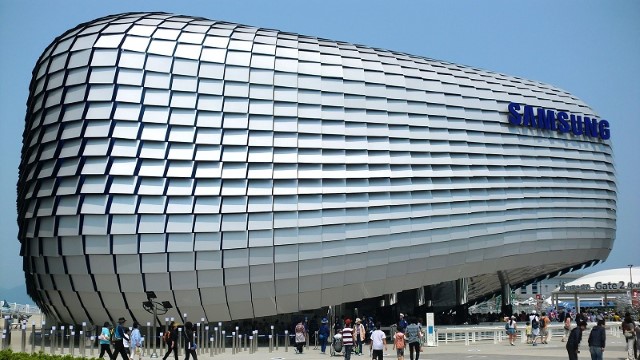In the Brabant region, shippers collaborate to gain more from modal shift and obtain better market availability for their product. The needs of different shipper are matched to create better logistic solutions for all involved parties.
In multimodal solutions involving sea, rail and/or river transport, volumes are important to achieve economy of scale and high shipping frequency. Larger transport units can be used and payloads can be increased by combining volumes. Shippers benefit from knowledge sharing.
The Dutch shipper collaboration, subtly named NewWays, was initiated by five shippers, among them Samsung. More shippers have joined and three corridors have been explored: Between the Netherlands and Hungry, Turkey and Spain.
NewWays is initiated by the regional development agencies BOM, Midpoint and REWIN (they are “neighbors”) and the university of applies sciences NHTV. These parties still run the project.
How it works
NewWays participants share transport data to explore possible cargo bundling cases. Potential gains in service level, prices and CO2-emission is evaluated jointly in work sessions.
Case story
Winston Churchill famously said that «A pessimist sees the difficulty in every opportunity, while an optimist sees the opportunity in every difficulty».
Samsung and SABIC (Saudi Basic Industries Corporation) have seen the joint opportunities. They have coordinated their two-directional transport volumes between the Netherlands and Hungary and Slovenia. The partners agreed to share train services and containers. This led to better service levels and higher container load factors in both directions. Also the pre- and on-carriage was coordinated with the same truck delivering full containers to the delivery address, where an empty container is picked up for delivery to a collection address, where a full container is picked up and delivered to the terminal. All with the same truck in a coordinated triangular route.
Learning point
A numbers of lessons have been learned from the case:
- Data must be shared on a trusted and neutral platform.
- Not focus on price alone,
- Shippers must be divided into leaders and followers,
- Start small and grow big,
- Learning by doing (pilots),
- Always search for return flows and combinations,
- Shippers can learn from each other.
Hard work initially
There is no free lunch. Hard work is necessary to obtain the collaborative gains. Confidentiality must be achieved, road transport cultures must be changed, new equipment must be used, multiple pick-up and delivery must be coordinated, cargo ramp slot times must be adjusted, cargo storage capacities may need to be changed, lead time requirements must be adapted and shipping frequencies and week days must be coordinated.
Major gains
As usual, hard work pays off. Experience shows that collaborative cargo flows gives lower units costs, better shipping frequencies, lower lead times, higher punctuality, better regularity, higher payloads and lower emissions. Through shipper cooperation the gain does not only benefit the Logistic Service Providers. It is also shared by involved shippers.
Future gains
Shippers can benefit from even better economies of scale and improved service levels by extending the collaboration further. More shippers with more volumes can be added and new corridors can be explored.
Extending to Europe
We, the Shortsea Promotion Centre of Norway, and a number of other representatives from other countries, met this week with the Dutch facilitators to discuss how the Dutch network can be extended to a European level to add more shippers, to include more corridors and to increase volumes.
All participants in the meeting agreed to explore this further and to discuss the proposal with shippers in their own region.
Please contact me, Hans Kristian Haram at shortsea@shortseashipping.no if you are a shipper and you want to participate or if you have ideas related to this.
Illustration: Samsung pavillion at world exhibition.
Source: http://www.shortsea.info/1893-news-new-ways-for-shippers.html
 English
English Ελληνικα
Ελληνικα
